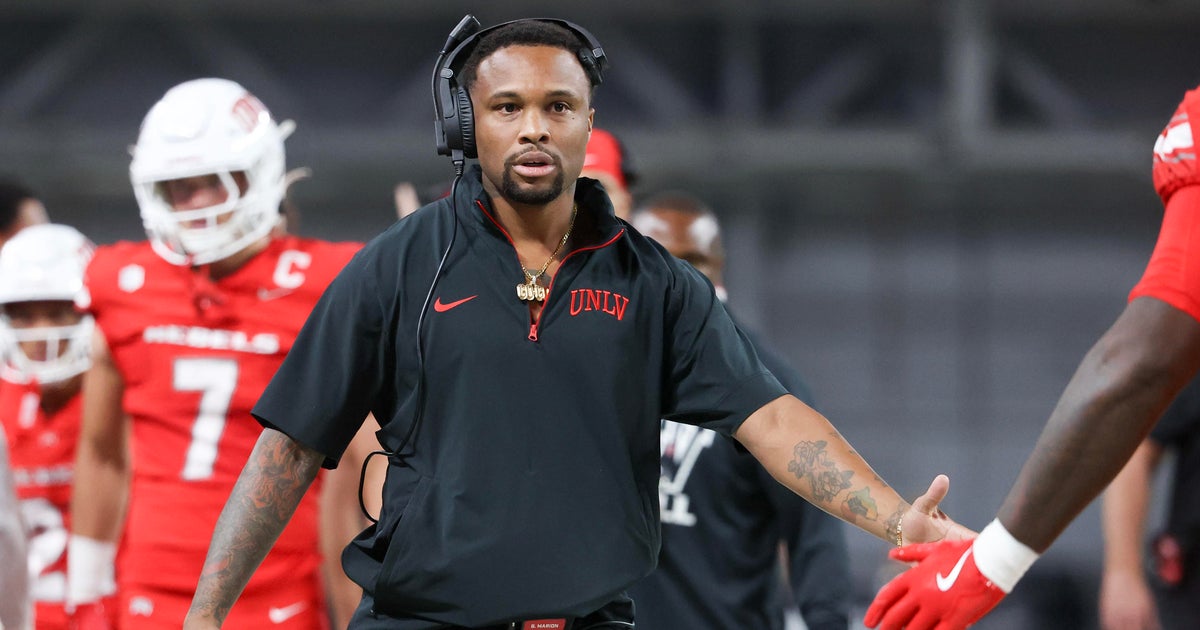Teens and gun violence: How are kids accessing firearms?
SACRAMENTO – A second-grade student brought a gun and loaded magazine to a South Sacramento elementary school.
Two teens were shot in Rancho Cordova before taking cover inside a business.
On Wednesday and Thursday, Sacramento and Yuba City police departments reported kids were fatally shot.
In the latter case, a kid turned himself in for the deadly shooting of his brother.
In Stockton, police recently arrested several teens for weapons charges. At least one for attempted murder.
Everytown for Gun Safety reports motor vehicle crashes were the leading cause of death up until 2017. Sarah Burd-Sharps, senior director of research, praises California's strict gun laws but raises concerns over gun legislation in neighboring states.
"For the nation, guns are the number one killer of children and teens. In California, it's number three," she said.
Why is that?
A gun legally purchased can often fall into the wrong hands.
The gun safety advocate group believes a main source for accessing guns comes from firearms not properly being secured at home.
But, the Sacramento County Sheriff's Office disagrees.
"Whatever narrative you're hearing they're being taken from responsible gun owners is absolutely not happening, statistically or anecdotally," said Sgt. Amar Gandhi, a sheriff spokesperson.
Instead, Sgt. Gandhi told CBS13 investigators see stolen guns during commissions of crimes.
Working as a gang unit supervisor, he has seen them sold on the black market between gang members.
When suspects under 18 are caught, investigators face another obstacle.
"Right now, we're catching these criminals who are to go shoot people, and if we catch them before they shoot somebody and hurt somebody — they're literally getting a traffic ticket as if they ran a red light and getting a court date later," he said.
Law enforcement says the catch-and-release policies tie up their hands.
The other side of this story, kids are dying from shootings.
"About 260 children and teens die by guns in California every year," Burd-Sharps said. "That's 260 too many."




